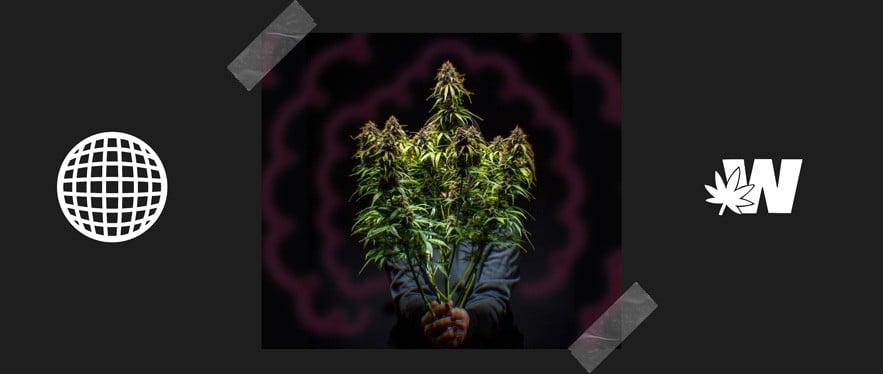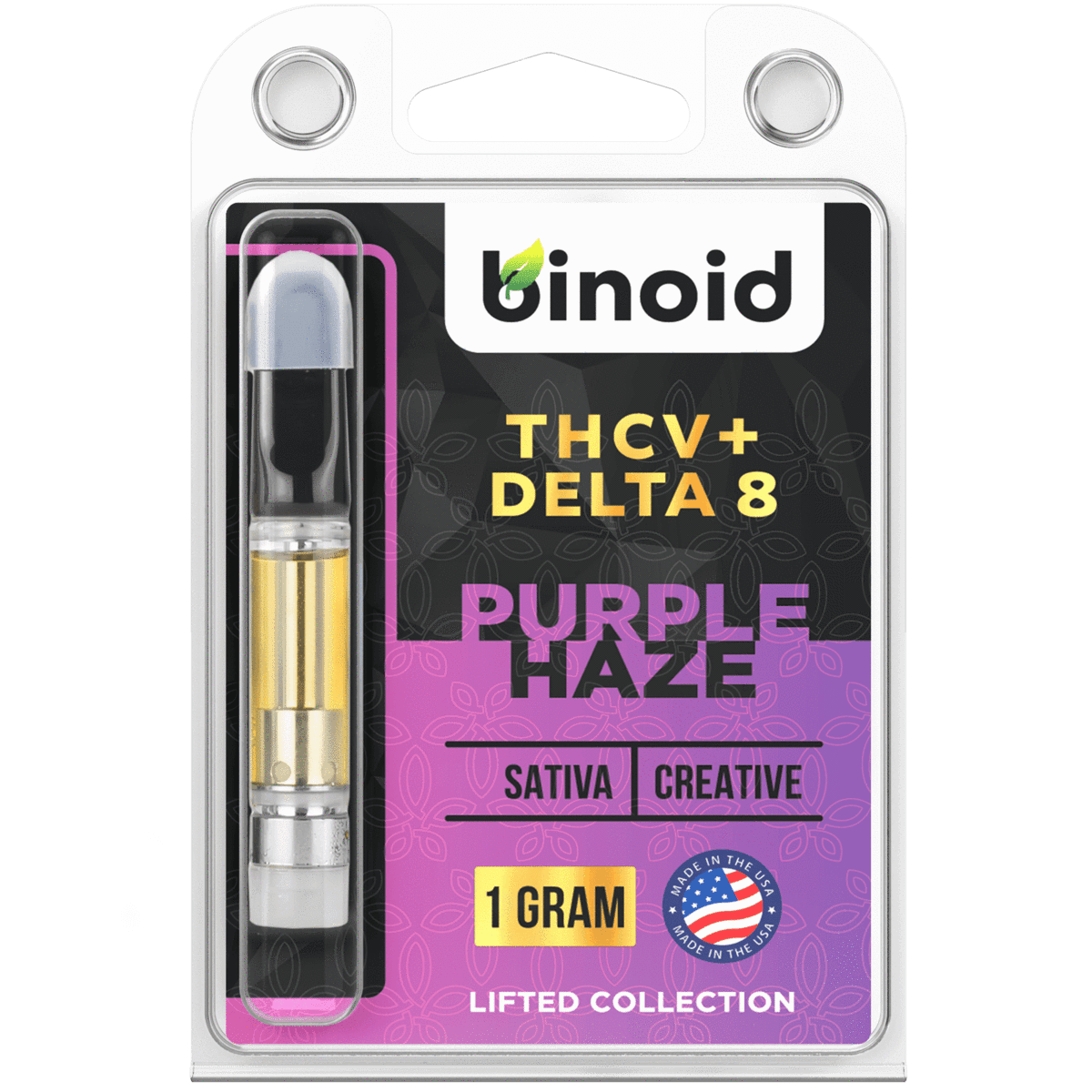
Anxiety Medication and Marijuana
- Types of Anxiety Medication
- Selective Serotonin Reuptake Inhibitors (SSRIs)
- Mechanisms of Action
- Potential Side Effects
- Considerations for Medication Selection
- Impact of Marijuana on Anxiety Symptoms
- Strains and Consumption Methods
- Risks of Combined Use
- Individual Variability
- Medical Marijuana for Anxiety
- Use of Medical Marijuana
- Legal Status and Availability
- Recommended Strains and Products
- Consultation with Medical Professionals
- Alternative Approaches
- Non-Pharmaceutical Methods
- Pros and Cons
- Anecdotes and Testimonials
- Consultation with Healthcare Professionals
- Importance of Professional Guidance
- Discussing Marijuana Use
- The Role of Medical Supervision
- Conclusion
In today’s fast-paced and often stressful world, anxiety has become an increasingly prevalent issue affecting millions of individuals worldwide. As anxiety disorders continue to rise, so does the exploration of various treatment options. Two of the most discussed methods for managing anxiety are anxiety medication and marijuana. In this comprehensive article, we will delve into the intersection of anxiety medication and marijuana, addressing their potential benefits, risks, and how they can be effectively used in the realm of mental health. The significance of this discussion is amplified by the growing prevalence of anxiety disorders, emphasizing the need for informed decisions regarding treatment choices.
This post is intended as information and for general knowledge only. It is not a substitute for medical advice, diagnosis, or treatment. It is recommended that you talk to a healthcare professional about this before introducing cannabinoids into your daily routine (especially if you have been diagnosed with any medical conditions or are under any medication). It is not recommended to drive or operate any machinery when using cannabis- or hemp-derived products. Use responsibly!
Types of Anxiety Medication
Before we delve into the relationship between anxiety medication and marijuana, let’s first understand the various types of anxiety medication available. These medications are prescribed by healthcare professionals to help individuals cope with anxiety symptoms and regain control over their mental health.
Selective Serotonin Reuptake Inhibitors (SSRIs)
SSRIs are a commonly prescribed class of antidepressant medications that are also used to treat anxiety disorders. They work by increasing the levels of serotonin in the brain, a neurotransmitter associated with mood regulation. Common SSRIs include Prozac, Zoloft, and Lexapro. While SSRIs are generally well-tolerated, they can have side effects such as nausea, sexual dysfunction, and weight gain.
Benzodiazepines
Benzodiazepines are a class of sedative medications used to treat anxiety and panic disorders. They work by enhancing the activity of gamma-aminobutyric acid (GABA), a neurotransmitter that reduces brain activity. Examples of benzodiazepines include Xanax, Valium, and Ativan. However, they are known for their potential for addiction and withdrawal symptoms.
Beta-Blockers
Beta-blockers are typically used to manage heart conditions but can also be prescribed for performance anxiety. They work by blocking the effects of adrenaline, reducing physical symptoms of anxiety such as rapid heartbeat and trembling. Common beta-blockers include propranolol and atenolol.
Tricyclic Antidepressants (TCAs)
TCAs are an older class of antidepressant medications that can also be used to treat anxiety disorders. They affect neurotransmitters like serotonin and norepinephrine. TCAs, such as Amitriptyline and Imipramine, have a range of potential side effects, including dizziness and dry mouth.
Mechanisms of Action
Each type of anxiety medication operates through distinct mechanisms to alleviate anxiety symptoms. Understanding how these medications work can aid individuals and healthcare providers in making informed choices about treatment.
Selective Serotonin Reuptake Inhibitors (SSRIs)
SSRIs work by inhibiting the reuptake of serotonin in the brain, thereby increasing the availability of this neurotransmitter. This elevation in serotonin levels can help regulate mood and reduce anxiety symptoms.
Benzodiazepines
Benzodiazepines enhance the calming effects of GABA in the brain, leading to reduced anxiety and relaxation. However, they are known to be habit-forming and should be used cautiously and under medical supervision.
Beta-Blockers
Beta-blockers act by blocking the effects of adrenaline, which can alleviate physical symptoms of anxiety such as a rapid heartbeat and trembling. They are often used in situations where performance anxiety is a concern.
Tricyclic Antidepressants (TCAs)
TCAs influence neurotransmitters like serotonin and norepinephrine, affecting mood and reducing anxiety symptoms. These medications are considered less common and are usually prescribed when other treatments have proven ineffective.
Potential Side Effects
While anxiety medications can be effective in managing symptoms, they may also come with a range of potential side effects. It’s essential for individuals considering these medications to be aware of the potential drawbacks.
SSRIs
Common side effects of SSRIs include nausea, sexual dysfunction, weight gain, and insomnia. In some cases, they may initially increase anxiety symptoms before improvement is observed.
Benzodiazepines
Benzodiazepines can lead to drowsiness, dizziness, memory problems, and a risk of dependence and addiction with prolonged use.
Beta-Blockers
Side effects of beta-blockers may include fatigue, cold hands and feet, and sleep disturbances.
TCAs
TCAs may cause dry mouth, constipation, dizziness, and drowsiness, among other potential adverse effects.
Considerations for Medication Selection

Choosing the right anxiety medication is a critical decision that should be made in consultation with a healthcare provider. Several factors should be considered
Type of Anxiety Disorder
Different anxiety disorders, such as generalized anxiety disorder, social anxiety disorder, and panic disorder, may respond differently to specific medications. The type of anxiety an individual experiences can guide medication selection.
Individual Tolerance
Individual variations in how medications are tolerated should be taken into account. Some people may experience side effects more severely than others.
Co-Existing Conditions
The presence of other medical conditions or medications may influence the choice of anxiety medication. It’s essential to consider potential drug interactions.
Past Treatment History
A person’s response to previous anxiety treatments, including medication, should be considered when selecting a new approach.
Marijuana and Anxiety
With the increasing acceptance and legalization of medical cannabis, many individuals have turned to marijuana as a potential treatment for anxiety. While some report relief from their anxiety symptoms, the relationship between cannabis use and anxiety is complex and can vary from person to person.
Prevalence of Marijuana Use for Anxiety
Marijuana use for managing anxiety has gained popularity in recent years. Many individuals turn to cannabis products in search of relieffrom anxiety symptoms, as they perceive it as a natural alternative to prescription medications. However, the use of cannabis for anxiety is not without controversy and risks.
Impact of Marijuana on Anxiety Symptoms
Cannabis contains a complex mixture of compounds, including cannabinoids such as THC (tetrahydrocannabinol) and CBD (cannabidiol). These compounds interact with the endocannabinoid system in the body, which plays a role in regulating mood, stress, and anxiety. However, the impact of marijuana on anxiety can vary widely
Anxiety Relief
Some individuals report that using strains of marijuana with high CBD content or balanced CBD-to-THC ratios can help reduce anxiety symptoms. CBD is believed to have anxiolytic (anti-anxiety) properties.
Potential Exacerbation
On the other hand, THC, the psychoactive component of marijuana, can lead to increased anxiety, paranoia, and panic attacks, particularly in higher doses or in individuals prone to anxiety.
Strains and Consumption Methods
When considering marijuana for anxiety relief, it’s essential to understand the differences between various strains and consumption methods
Strain Selection
Marijuana strains are typically categorized as Indica, Sativa, or Hybrid. Indica strains are often associated with relaxation and may be more suitable for anxiety. Sativa strains tend to be more uplifting, which may not be ideal for anxiety relief. Hybrids offer a mix of these characteristics.
Consumption Methods
How marijuana is consumed can also affect its impact on anxiety. Smoking or vaping can provide rapid relief but may be harsh on the lungs. Edibles offer a slower onset but can have longer-lasting effects.
Interactions and Risks
When considering the use of both anxiety medication and marijuana, it’s crucial to be aware of potential drug interactions and associated risks.
Potential Drug Interactions
Certain anxiety medications, particularly SSRIs and benzodiazepines, may interact with marijuana due to shared effects on neurotransmitters and receptors in the brain. These interactions can lead to unpredictable outcomes and adverse effects.
Risks of Combined Use
Using anxiety medication and marijuana simultaneously can pose several risks
Increased Sedation
Combining medications like benzodiazepines and marijuana can result in excessive sedation, making it challenging to function effectively.
Cognitive Impairment
Both marijuana and some anxiety medications can impair cognitive function, affecting memory, attention, and decision-making.
Addiction Potential
Combining substances with addictive properties, such as benzodiazepines and marijuana, increases the risk of dependence and addiction.
Individual Variability
Individual differences play a significant role in how anxiety medication and marijuana interact. Factors such as genetics, metabolism, and the specific medications and strains involved can lead to variable outcomes. It’s crucial to consult with a healthcare provider to assess individual risks and benefits.
Medical Marijuana for Anxiety
In regions where medical cannabis is legal, it is increasingly being considered as a treatment option for anxiety. Medical cannabis is prescribed by a qualified healthcare provider and may offer a regulated and standardized approach to using marijuana for anxiety relief.
Use of Medical Marijuana
The use of medical marijuana for anxiety is typically supervised by a healthcare professional, often referred to as a marijuana doctor. These specialists assess the patient’s medical history, anxiety symptoms, and individual needs to determine the most appropriate strains and products.
Legal Status and Availability
The legal status of medical marijuana varies by country and state. In some regions, medical cannabis is readily available, while in others, it remains illegal. Individuals considering medical cannabis for anxiety should be aware of their local laws and regulations.
Recommended Strains and Products
Healthcare providers experienced in medical marijuana may recommend specific strains and products based on their patients’ needs. Strains with a balanced CBD-to-THC ratio or high CBD content are often suggested for anxiety relief, as CBD is thought to have calming properties.
Consultation with Medical Professionals
One of the most critical aspects of considering medical marijuana for anxiety is consulting with a healthcare professional. A qualified marijuana doctor can provide guidance on the potential benefits, risks, and appropriate dosages for managing anxiety. It is essential to follow their recommendations closely to ensure safe and effective treatment.
Alternative Approaches
While medication and medical marijuana are options for managing anxiety, there are alternative approaches that can be considered, especially for those who prefer non-pharmaceutical methods or wish to complement their treatment
Non-Pharmaceutical Methods
Cognitive-Behavioral Therapy (CBT)
CBT is a highly effective form of psychotherapy that helps individuals identify and manage anxiety triggers and develop coping strategies.
Mindfulness Techniques
Mindfulness practices, such as meditation and deep breathing exercises, can reduce anxiety by promoting relaxation and awareness of the present moment.
Exercise
Regular physical activity has been shown to reduce anxiety symptoms by releasing endorphins, the body’s natural mood elevators.
Dietary Changes
A balanced diet can play a role in mood regulation. Avoiding excessive caffeine and sugar intake and focusing on whole foods can support mental well-being.
Pros and Cons
Consider the advantages and disadvantages of non-pharmaceutical approaches to anxiety management
Pros
Non-pharmaceutical methods can provide individuals with skills and strategies to manage anxiety independently in the long term. These approaches typically have fewer side effects compared to medications.
Cons
Non-pharmaceutical methods may not be effective for everyone, and their success often depends on individual commitment and engagement.
Personal Experiences and Testimonials
To offer a balanced perspective on anxiety management, let’s explore some personal experiences and testimonials from individuals who have used various approaches, including anxiety medication, marijuana, or alternative methods.
Anecdotes and Testimonials
Sarah’s Story
Sarah found relief from her social anxiety through a combination of CBT and low-THC, high-CBD cannabis strains, which she discussed with her healthcare provider.
Mark’s Journey
Mark successfully managed his panic attacks with a prescribed benzodiazepine medication but emphasized the importance of responsible use and professional guidance.
Diverse Experiences
It’s crucial to acknowledge that what works for one person may not work for another. Anxiety is a highly individualized experience, and treatment approaches should be tailored to each individual’s needs and preferences.
Consultation with Healthcare Professionals
Throughout the journey of managing anxiety, the role of healthcare professionals is paramount. Whether considering medication, medical marijuana, or non-pharmaceutical methods, consulting with a qualified healthcare provider ensures that treatment decisions are informed, safe, and effective.
Importance of Professional Guidance
Healthcare professionals, including psychiatrists, psychologists, and primary care physicians, play a crucial role in guiding individuals through their anxiety treatment journey. They can assess the severity of symptoms, provide a comprehensive diagnosis, and recommend appropriate treatments.
Discussing Marijuana Use
If an individual is interested in exploring the use of marijuana for anxiety, it is vital to have an open and honest discussion with their healthcare provider. This conversation should address potential risks, benefits, and the most suitable strains and consumption methods.
The Role of Medical Supervision
Medical supervision is particularly important when managing anxiety using multiple treatments simultaneously, such as medication and medical marijuana. Healthcare providers can monitor the patient’s progress, adjust treatment plans as needed, and ensure safety.
Conclusion
In conclusion, the relationship between anxiety medication and marijuana is multifaceted and should be approached with careful consideration of individual needs, preferences, and professional guidance. The prevalence of anxiety disorders underscores the importance of making informed decisions when seeking treatment. While anxiety medications can be effective, they come with potential side effects and should be chosen in consultation with healthcare providers. Medical marijuana may offer an alternative option in regions where it is legal, but it should also be prescribed and monitored by qualified professionals.
Ultimately, the journey of managing anxiety is unique to each individual. Non-pharmaceutical methods, such as therapy and lifestyle changes, also play a vital role in building resilience and coping skills. By consulting with healthcare professionals and exploring a variety of treatment options, individuals can take significant steps towards managing anxiety and improving their mental health. Informed decision-making is the key to finding the most effective and personalized approach to anxiety relief.
















